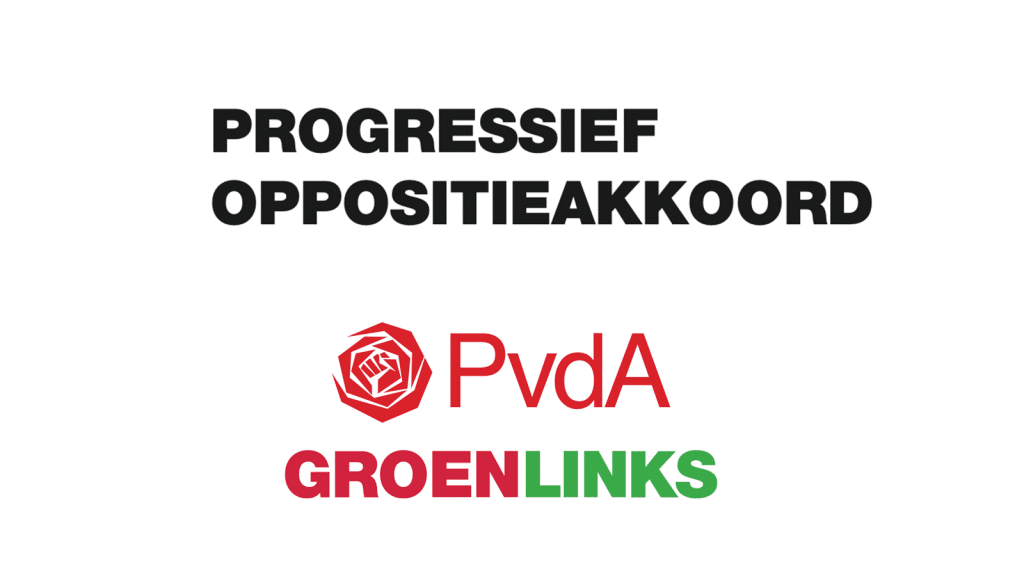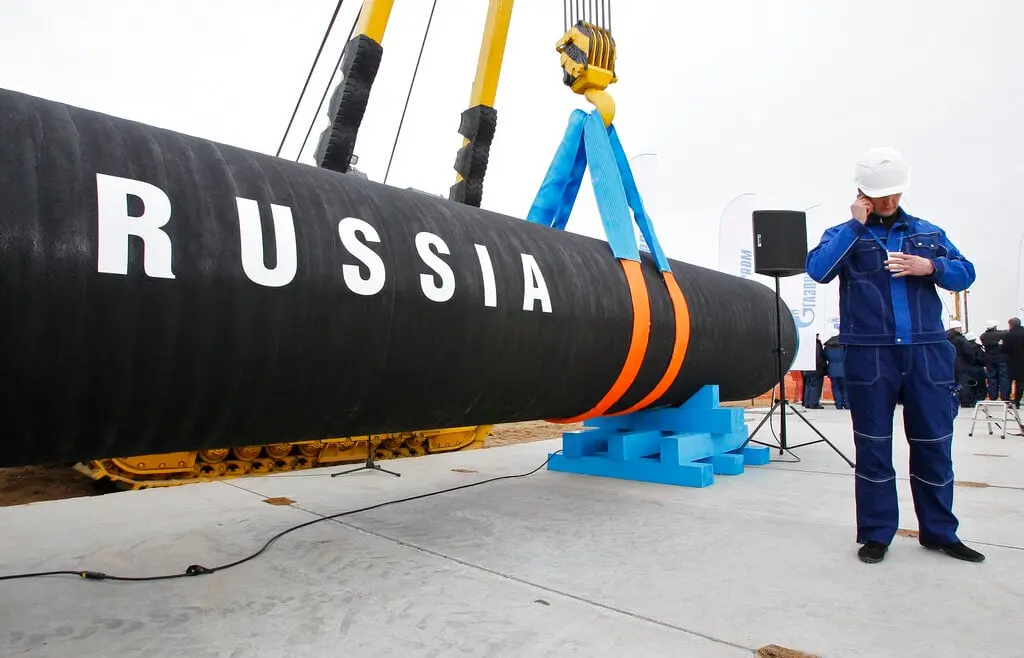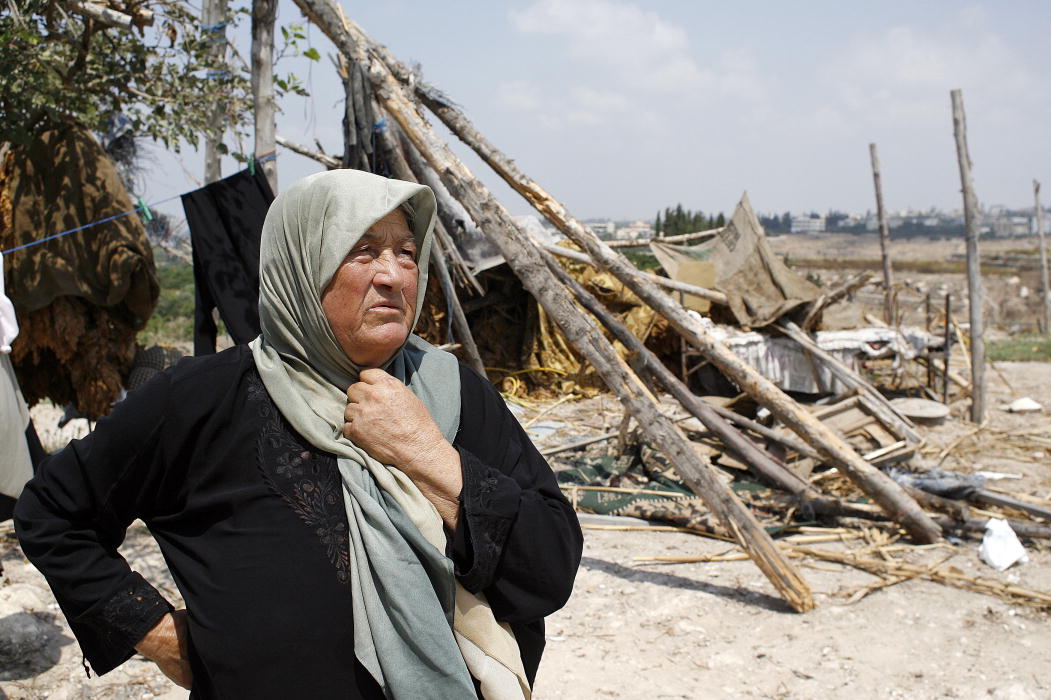Last week, the progressive opposition agreement of Labour and Green Left was presented. An ambitious agreement, with many good plans, crucial for a social and green future. With these 15 goals, the stakes are high, but they are achievable if they are taken seriously. That is why the Max van der Stoel Foundation is happy to help think about their further implementation, especially in the field of an ambitious foreign policy.
It is good to see that the vision in the Progressive Opposition Agreement is based on the idea of broad welfare. Progress can only be achieved if prosperity, welfare and nature are improved together. Broad prosperity is about the quality of life in the here and now, but also the extent to which this comes at the expense of that of later generations or that of people elsewhere in the world. So prosperity here should not come at the expense of prosperity elsewhere. Standing up for the common good means that we not only stand up for the Dutch interest, but also for that of the rest of the world. Only then will we realise a fair, green and social future. We would like to see this given an even more central role in the elaboration of the opposition agreement.
First, the 2030 targets are perfectly compatible with achieving the Sustainable Development Goals (SDGs), which aim to ensure that the world is a better place by 2030. For example, Goal 14 from the Progressive Opposition Agreement (Responsible Consumption) is perfectly compatible with SDG 12: Responsible Consumption and Production, and Goal 1 (We leave a clean and livable planet for our children) is perfectly compatible with SDG 13: Climate Action. Achieving the SDGs is thus in line with pursuing broad prosperity: both are about improving the world for everyone. To ensure that Dutch policies do not have an (unintended) negative impact on the situation elsewhere in the world, the SDG test was created. Since 2019, the Integral Assessment Framework has been expanded to include the SDGs, which means that all Dutch policies should now be assessed for their contributions to achieving the SDGs. While this is done for policies of the Minister for Foreign Trade and Development Cooperation, it is hardly done for policies of other ministries, even though these policies too have an impact on whether or not the SDGs are achieved. We therefore call for an integral inclusion of the SDGs, across all policy areas.
It is good to see that the opposition agreement is high on values-driven foreign policy. For instance, it calls for spending at least 0.7% of GNP on development cooperation, something that is unfortunately still missing in the new coalition agreement of CDA, VVD, CU and D66. We would like to make a few more concrete suggestions to achieve the goal of values-driven foreign policy:
- Ensure we meet our fair share to the €100 billion climate financing, and make sure this on top of the ODA budget of 0.7%. Moreover, ensure that climate finance goes to the most vulnerable countries and people, as it is they who will be hit hardest by climate change.
- Ensure first-year costs of asylum reception not be taken from the ODA budget. It is important that asylum seekers are received in full, but this reception has nothing to do with development cooperation; after all, proper reception here does not change the situation elsewhere in the world.
- Ensure a bottom-up approach: Listen to the perspectives of the people themselves, especially those who are affected by our policies. They themselves know best what they need.
We also encourage it that this progressive opposition agreement of PvdA and Green Left is not only an invitation towards politicians, but also towards civil society organisations, trade unions and anyone who shares the ambitions. It is precisely a dialogue with civil society that can give an even broader meaning to all objectives and is therefore crucial. We are happy to think along with you on this.





